National Care Service evidence paper: Scotland's health and demographic profile - easy read
This easy read summary paper provides an overview of Scotland’s health and demographic profile and population projections. It is part of a collection of contextual evidence papers, setting out key sources of information about social care and related areas in Scotland.
Scotland's health and demographic profile: Scotland's health and demographic profile - Easy Read
Demographic means information about the people who live in Scotland.
This includes information about:
- how long people live
- how many people have long-term health conditions
- how the population could change in the future
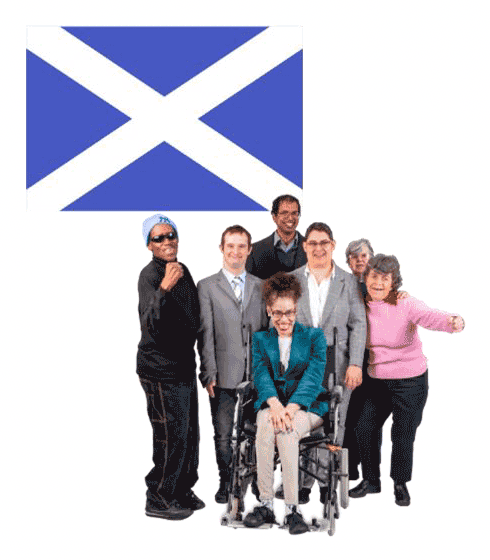
Life expectancy means the average length of time that a person is expected to live.
Scotland's population has the lowest life expectancy in Western Europe.
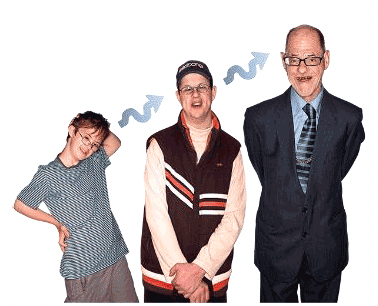
Socioeconomic inequalities means people are not treated fairly because of their education, income and job.
All people do not have the same choices and chances.
Scotland has the widest socioeconomic inequalities in health in Western Europe.
This means there is a big difference in health between the poorest and richest people.
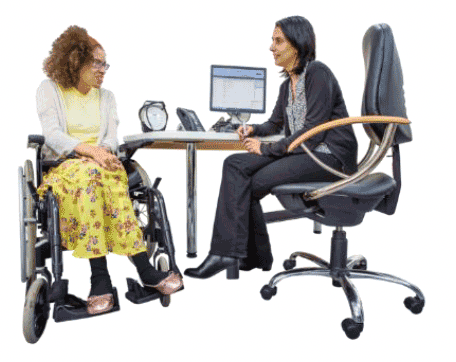
In 2018, 2019 and 2020:
- on average, a boy born in Scotland would live to 76
- on average, a girl born in Scotland would live to 81
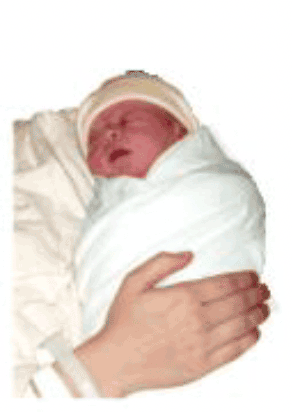
People who live in deprived areas have shorter lives.
A deprived area is one where people have more difficulties in different parts of their life.
For example many of the people who live there do not have:
- enough money
- choices and chances
- resources – there might not be as many public services
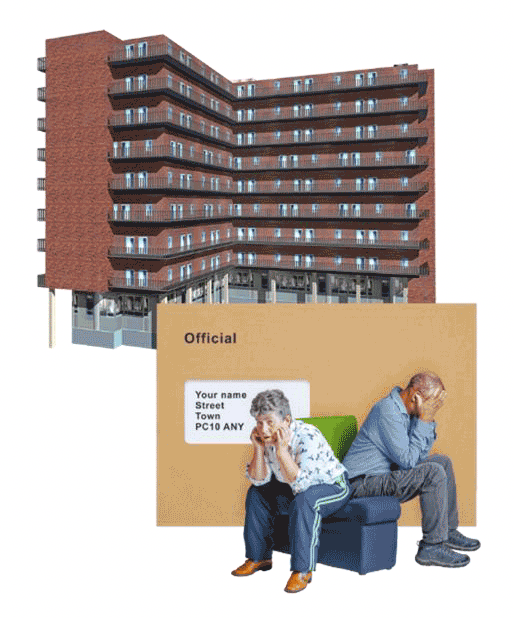
Men born in a deprived area lived for 13 years less than men born in an area that is not deprived.
Women born in a deprived area lived for 10 years less than women born in an area that is not deprived.
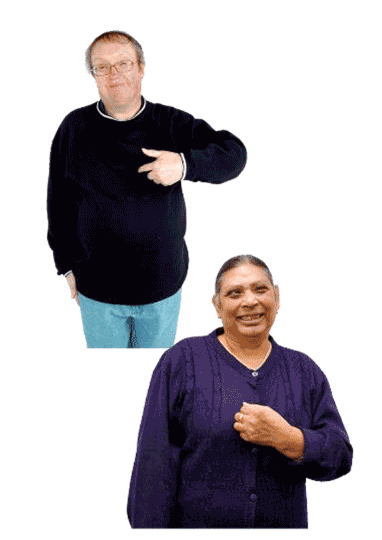
In 2018, 2019 and 2020:
- on average, a boy born in Scotland would have good health until they were 60
- on average, a girl born in Scotland would have good health until they were 61

People born in a deprived area had good health for 24 less years than people born in an area that is not deprived.
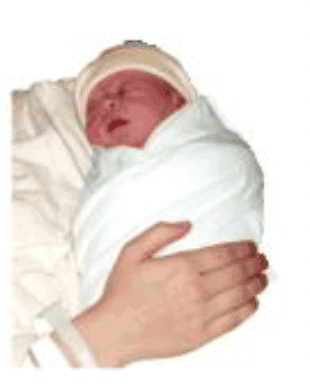
It is difficult to know how many people will need social care in the future.
In the future there will be a lot more people over 65 living in Scotland.
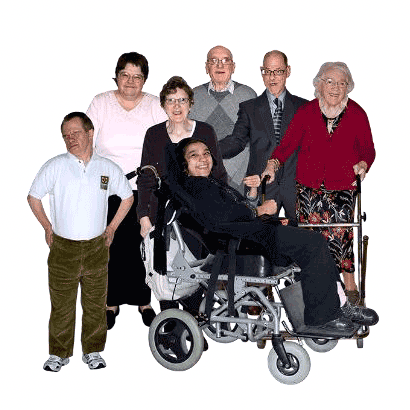
More people are living on their own.
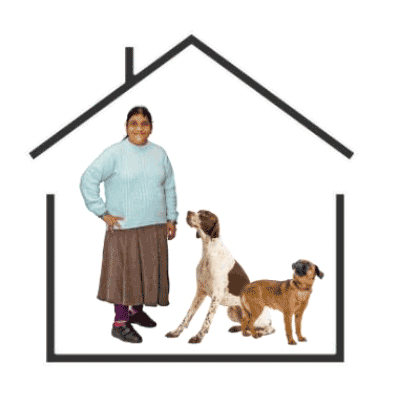
Most people aged over 65 who got social care had 2 or more medical conditions.
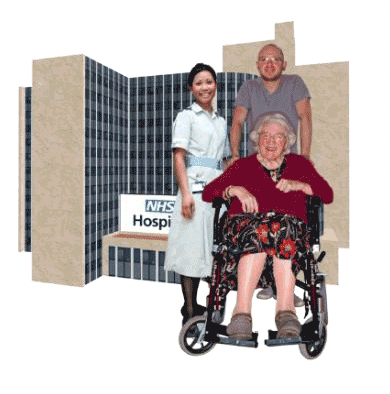
Copyright images © Photosymbols. Prepared by Disability Equality Scotland
Contact
Email: SWstat@gov.scot
There is a problem
Thanks for your feedback